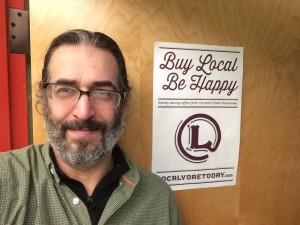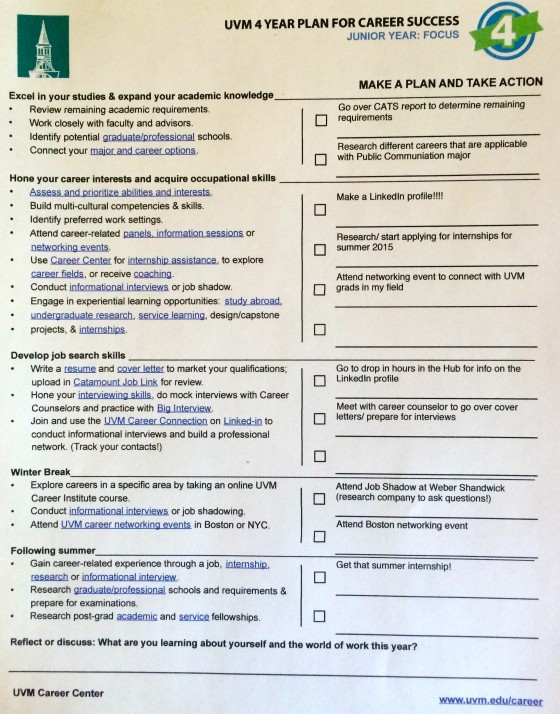3 Important Pointers for Success from Vermont Start-Up Localvore Today
We at Localvore Today use the internet and e-commerce to highlight the goods and services of local businesses. We are digital marketers using technology and visual imagery. In everything we do, the skill set we value most is the ability to convey the stories of the merchants we work with in ways that appeal to our audience. In order to stand out in a crowded marketplace, we hold everything to a specific brand that we are building each day.How might the work we do apply to you and your job search? Here are three important points to remember: Continue reading “Savvy Seniors: Market Yourself”




